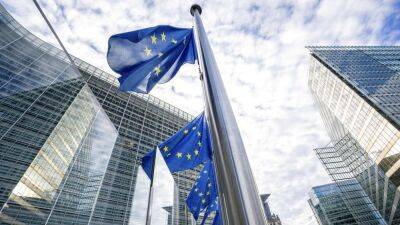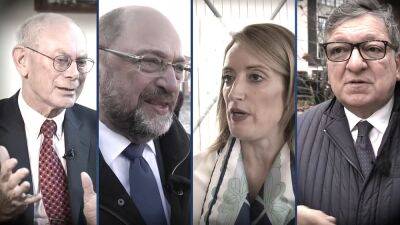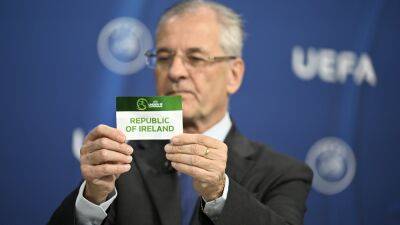Innovation, energy and security: How 5G will change Europe
The rollout of 5G is gaining traction in Europe, leading many to question how this new generation of mobile technology will change the way Europe lives, works and interacts.
The planned successor to 4G mobile networks, 5G is already being rolled out in Europe and beyond.
"I guess the first thing to point out is that 5G is the fastest generation ever deployed. There are about 214 networks live already", Alex Sinclair, Chief Technical Officer at mobile industry association GSMA told Euronews.
In Europe, operators are already beginning to explore unique and innovative ways that 5G technology can improve and enhance user experience.
"One operator in Greece has already launched a new basketball game, (and) live streaming services", said Philip Song, Chief Marketing Officer at Huaweu Carrier business group.
Laurent Leboucher, Chief Technical Officer at Orange told Euronews, "we are experimenting in a stadium the capacity to provide to users the possibility to zoom on a particular player, for instance, and get information on the player. So we need to get an immersive feeling."
Concerns over security and privacy have been front and centre of debates on 5G technology. Philip Song at Huawei says that "addressing these challenges is our top priorty". So what is being done?
"At the beginning of 5G, security was really at the heart of the specification. There is encryption all the way in between the device and the network", Laurent Leboucher told Euronews.
"When 2G was created, the security paradigm was completely different to the one we have today. It was more security by privacy", Alex Sinclair from GSMA revealed. "Now it's more security by opening everything up...kind of crowdsourcing it. And that works."
According to experts, the








